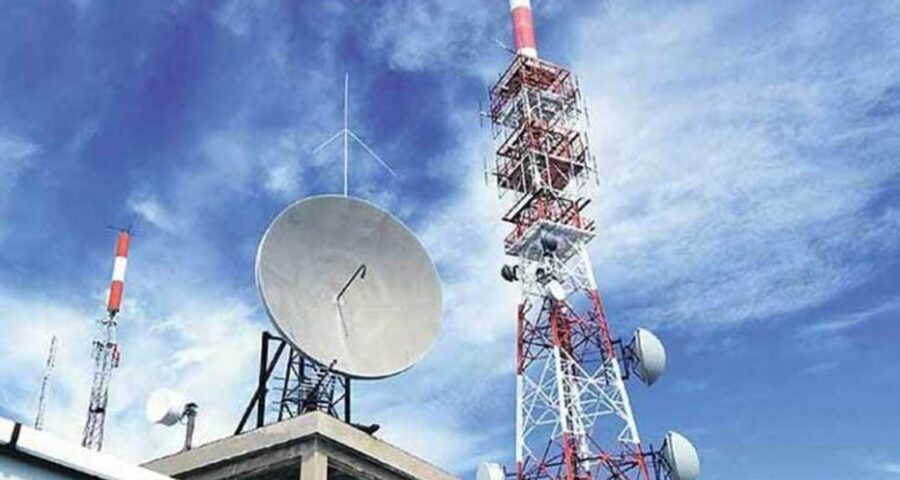The new norms also mean that the three telecom companies will not be able to use equipment from non-trusted sources for the setting up or expanding of network to utilise the 4G spectrum that they bought in the recently concluded spectrum auctions.
The Department of Telecommunications (DoT) on Wednesday amended licensing conditions for telecom companies by including defence and national security as parameters in purchase of telecom equipment for trusted sources.
The move could potentially make it more difficult for Chinese telecom equipment vendors like Huawei and ZTE to supply equipment to Indian telecom players in the future.
The new norms also mean that the three telecom companies will not be able to use equipment from non-trusted sources for the setting up or expanding of network to utilise the 4G spectrum that they bought in the recently concluded spectrum auctions.
As per the notification, starting June 15, telcos can use telecom products only from trusted sources in its network and must take permission from the designated authority if they plan to upgrade their existing network using telecom equipment that has not been designated as trusted product. Both Huawei and ZTE have been under global scrutiny for allegedly installing ‘backdoor’ or ‘trap door’ vulnerabilities and spying for the Chinese government and have been banned by several countries.
Of the three telcos, almost 30 per cent of Bharti Airtel’s existing network comprises Chinese telecom equipment, it is as much as 40 per cent for Vodafone Idea. State-run telcos Bharat Sanchar Nigam Limited (BSNL) and Mahanagar Telephone Nigam Limited (MTNL) too have equipment from Chinese vendors, including Huawei and ZTE, in their 3G and older networks.
Chinese vendors to be hit
The move could potentially make it more difficult for Chinese telecom equipment vendors like Huawei and ZTE to supply equipment to Indian telecom players in the future.
The new norms, the DoT said, will not impact the annual maintenance contracts or upgrades to existing equipment already being used by the telcos in their networks.
In December last year, Cabinet Committee on Security had approved setting up of a new National Security Directive on telecommunication sector with an intent to classify telecom products and their sources under the ‘trusted’ and ‘non-trusted’ categories.
While the National Cyber Security Coordinator has been made the designated authority for deciding on the list of trusted and non-trusted telecom equipment source and products, its decisions will be made based on approval of a committee headed by the deputy National Security Advisor (NSA). Apart from the deputy NSA, the expert committee will have members from other departments and ministries, and independent experts as well as two members from the industry.
The Indian Express had, in July 2020, reported that the Centre had asked all telecom operators to undertake an ‘information security audit’ of their networks. The objective of the audit was to specifically check for any ‘backdoor’ or ‘trap door’ vulnerabilities in the telecom networks, which can be exploited to extract information and pass on illegally to agencies around the world. A ‘backdoor’ or a ‘trap door’ is a bug installed in the telecom hardware that allows companies to listen in or collect data being shared on the network.
Though telecom minister Ravi Shankar Prasad had in 2019 said that all vendors including Huawei and ZTE would be allowed to participate in 5G trials, their participation became difficult owing to developments that took place later.
After a border skirmish at Galwan Valley in Ladakh on June 15, 2020 in which 20 Indian soldiers were killed, the government barred BSNL and MTNL from using Chinese equipment for the roll-out of its 4G network.
Source: Read Full Article


